20 things we learned about democracy in August 2014
Parliament was in recess throughout August, despite calls for its recall. Even so, none of this meant that British democracy stopped last month, with numerous interesting facts, factoids, and observations revealing themselves. Sean Kippin of Democratic Audit selects the best and most interesting.
1. Salmond fishing for the Yes-men
Research from Dr Alan Renwick shows that in referendums, the Yes campaign almost always loses support as you approach polling day – which is bad news for Alex Salmond. Find out more here.
2. Backwards step
The number of female council leaders has from 16.6 per cent in 2004 to 12.3 per cent now, according to the Fawcett Society’s Polly Trenow. Find out more here.
3. What’s the story, morning glory?
Morning can last until 3.30pm in the House of Lords, according to the Green Party’s Baroness Jenny Jones. Find out more here.
4. Forward planning
Coalition governments which are formed in advance of elections have better survival prospects, meaning that Nick Clegg, David Cameron, and Ed Miliband ought to perhaps think about getting that awkward conversation out of the way sooner rather than later. Find out more here.
5. A Magnum of lies
The reason that politicians lie can be explained with reference to an economics analogy featuring ice cream stalls on a beach. Find out more here.
6. Getting what you pay for
Higher spending on electoral administration generally increases levels of integrity, according to Dr Alistair Clark of Newcastle University. Find out more here.
7. Stalemate
We could be headed for a General Election outcome in which Labour and Conservative win 294 seats each, the Lib Dems 35, and assorted ‘others’ 27, according to YouGov’s Peter Kellner. Find out more here.
8. A torrent of tolerance
Racial prejudice is in long-term decline in the UK, according to Dr Rob Ford of Manchester University, who says that research from the British Social Attitudes Survey has been misrepresented. Find out more here.
9. Letting sunshine win the day
The list of new Lords nominated by the Conservatives includes six party donors (one of which has given a total of £6.6m to the party) and a defeated MEP. Find out more here.
10. Flying visit
Boris Johnson has chosen to stand to stand in the Uxbridge constituency, which has as one of its largest employers Heathrow Airport – which he has previously argued should be closed down. Find out more here.
11. Publicly minded
More people go “dogging” each year than are members of political parties, according to Ben West. Find out more here.
12. Pants on (bush) fire
48% of the Australian Prime Minister’s statements analysed by Politifact Australia can be categorised as either ‘mostly false’ or ‘false’. Find out more here.
13. Lot-tory winners
Unsurprisingly, lottery wins make people more likely to vote Conservative, according to research carried out by Nattavudh Powdthavee of the University of Melbourne and the London School of Economics and Andrew Oswald of the University of Warwick. Find out more here.
14. Democratising the dressing room
A former England football captain is in favour of democratising the appointment process for becoming the England captain. Find out more here.
15. Kicking the rascals out
Corruption can increase voter participation in politics, at least according to research carried out in Portugal and carried on Democratic Audit and LSE Europp – European Politics and Policy. Find out more here.
16. Reg letter day
Newcastle Council has managed to spend £50,000 on electoral registration letters which gave many recipients precisely the wrong information. Find out more here.
17. Stuck in the extremes with you
Despite what you may think, open primaries actually do very little to increase candidate moderation. Find out more here.
18. The state I am in
Evidence from America shows that citizens’ opinions are represented more equally by elected officials in states that strictly regulate professional lobbying. Find out more here.
19. Unpopularity contest
A recent by-election to replace the West Midlands departing Police and Crime Commissioner saw turnout slump to 10.3% – the lowest of any large scale election in recent British history. Find out more here.
20. Semper Fido
Dogs can not only stand for elections in some parts of America, they can win, and be sworn in. Duke the dog, to take a recent example, is now the mayor of the town of Cormorant, Minnesota. Find out more here.
—
Note: this post does not represent the views of Democratic Audit or the LSE. Please read our comments policy before posting.
Image credits: 1) Irekia, CC BY 2.0, 2) Sheffield Old Town Hall/Court, CC BY NC 2.0, 3) UK Parliament, CC by 2.0, 4) Financial Times, CC by 2.0, 5) Claire P., CC BY 2.0, 6) Coventry City Council, CC BY SA 2.0, 7) UK Parliament, CC BY NC ND 2.0, 8) Credit: Charles Roffey, CC BY-NC-SA 2.0, 9) UK Home Office, CC BY 2.0, 10) Credit: Julian Tysoe, CC BY 2.0, 11) Christopher Rasch, CC BY ND SA 2.0, 12) DonkeyHotey, CC BY 2.0, 13) Matthew Anderson, CC BY SA 2.0, 14) Credit: Tim Green, CC BY 2.0, 15) Pedro Szekely, CC BY SA 2.0, 16) Hartman045, CC by 2.0, 17) Kevin Dooley, CC BY 2.0, 18) Credit: Pete Souza – the White House, 19) Wikimedia Commons, 20) Bruce Fingerhood, CC BY NC 2.0
—
 Sean Kippin is Managing Editor of Democratic Audit, and is responsible for DA’s website, blog and wider output. He has a BA in Politics from the University of Northumbria and an MSc in Political Theory from the LSE. He has worked for MPs Nick Brown and Alex Cunningham, as well as the Smith Institute think tank. He has been at Democratic Audit since June 2013, and can be found on twitter at @se_kip.
Sean Kippin is Managing Editor of Democratic Audit, and is responsible for DA’s website, blog and wider output. He has a BA in Politics from the University of Northumbria and an MSc in Political Theory from the LSE. He has worked for MPs Nick Brown and Alex Cunningham, as well as the Smith Institute think tank. He has been at Democratic Audit since June 2013, and can be found on twitter at @se_kip.

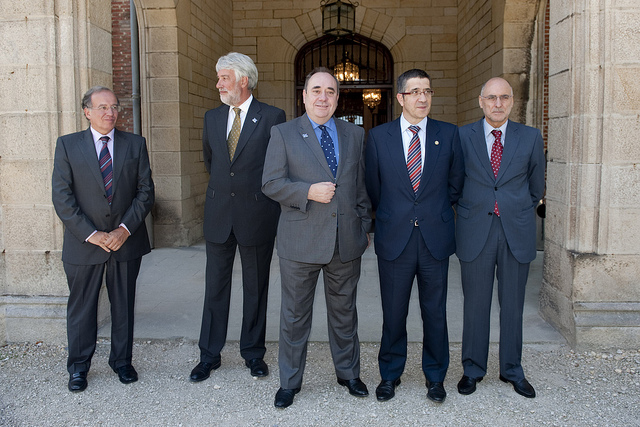


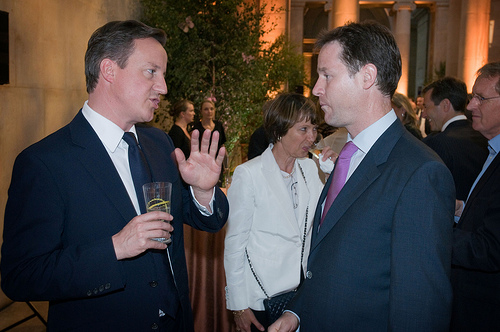

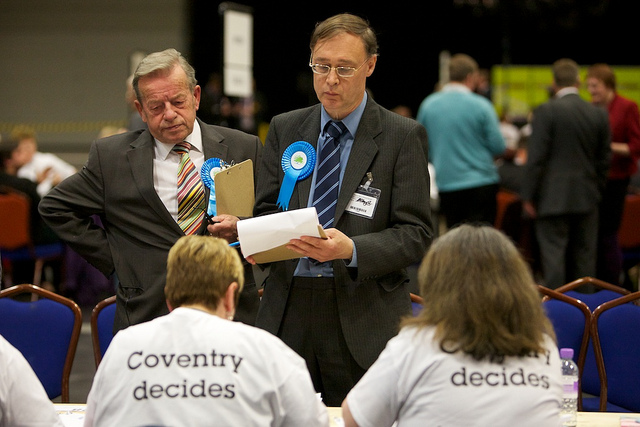
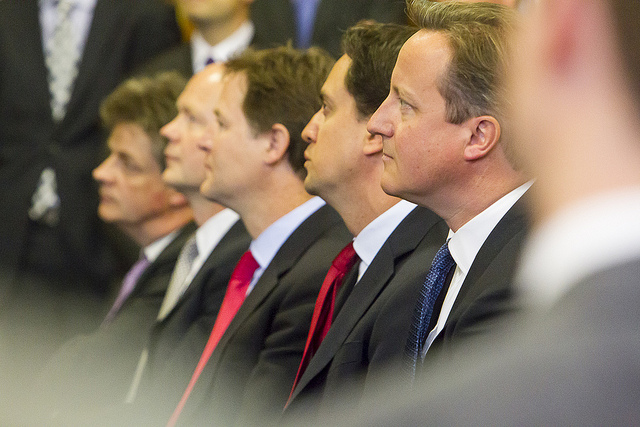
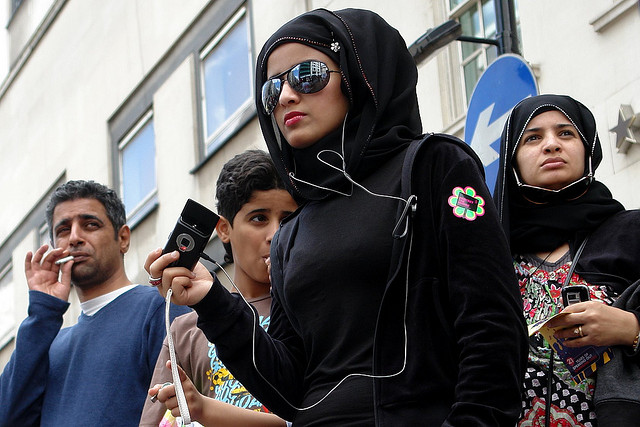
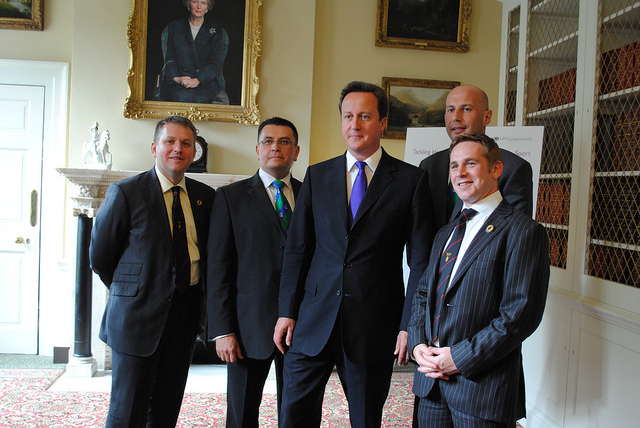
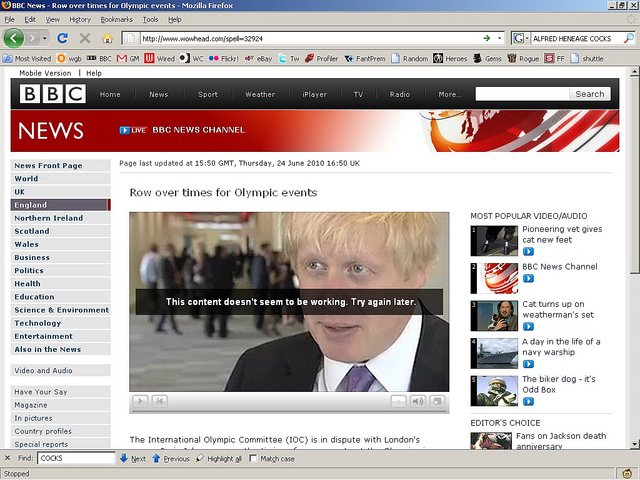
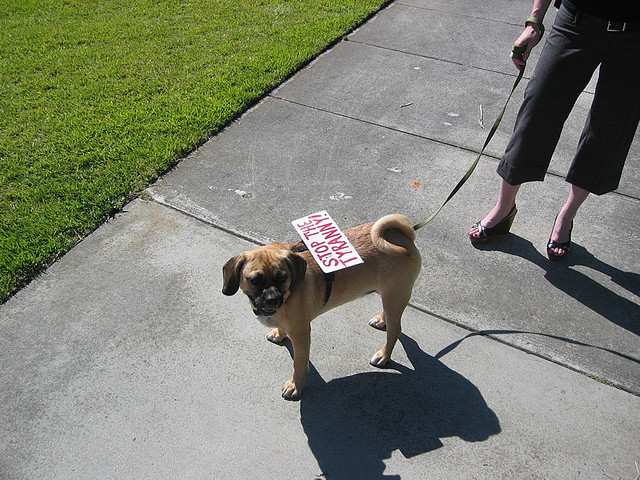
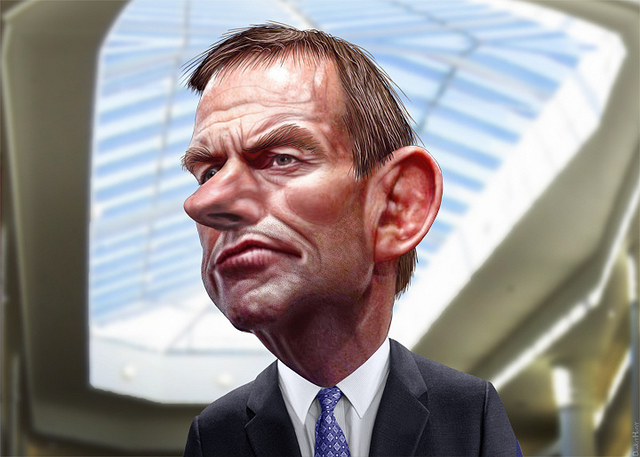
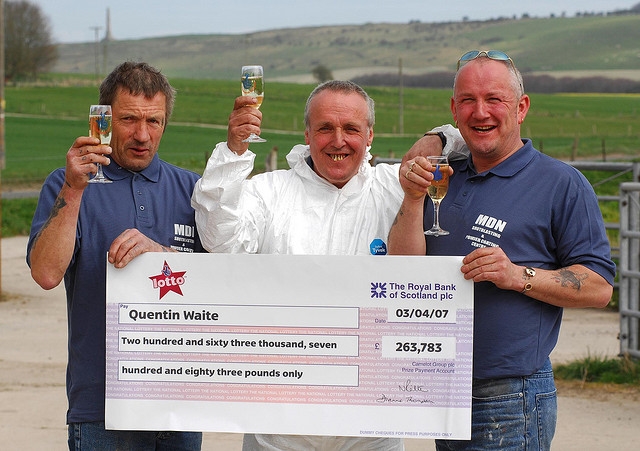




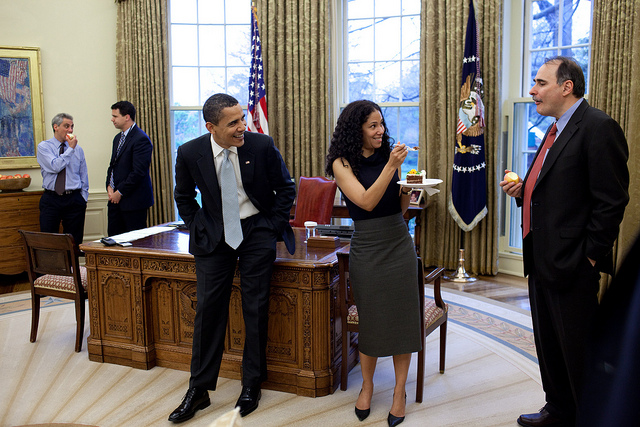
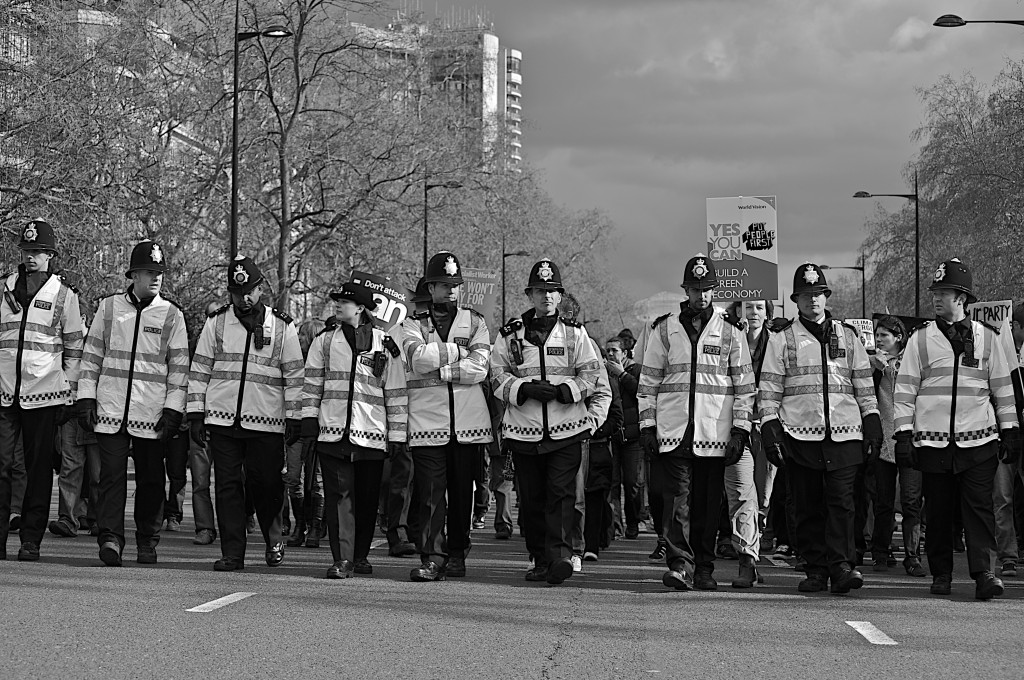





 Democratic Audit's core funding is provided by the Joseph Rowntree Charitable Trust. Additional funding is provided by the London School of Economics.
Democratic Audit's core funding is provided by the Joseph Rowntree Charitable Trust. Additional funding is provided by the London School of Economics.
… [Trackback]
[…] Read More here: democraticaudit.com/?p=7623 […]
RT @democraticaudit: What did we learn about democracy in August 2014? https://t.co/MoItzo4Kh1
20 things we learned about democracy in August 2014 : Democratic Audit UK https://t.co/wPOE2Zke1A ^AZ
#Demokratie : “Coalition governments which are formed in advance of elections have better survival prospects.” https://t.co/IDlMFSa66n
Democratic Audit produce a useful Buzzfeed on latest news https://t.co/mQWgA2Dr2L
No1 surely contender for best pun of 2014 @democraticaudit 20 things we learned about democracy in August 2014 https://t.co/Tu0IqiMuaY
Salmond fishing for the Yes-men – some beautiful puns from @se_kip – 20 things we learned about democracy in August https://t.co/y16Yxb6xIA
20 things we learned about democracy in August 2014 https://t.co/Y9XKzckXgA https://t.co/mLy0NPXQT2
Great stuff from Democratic Audit – 20 things we learned about democracy in August 2014 https://t.co/4a2drlksVt
20 things we learned about democracy in August 2014 https://t.co/vXWOQWKWHd